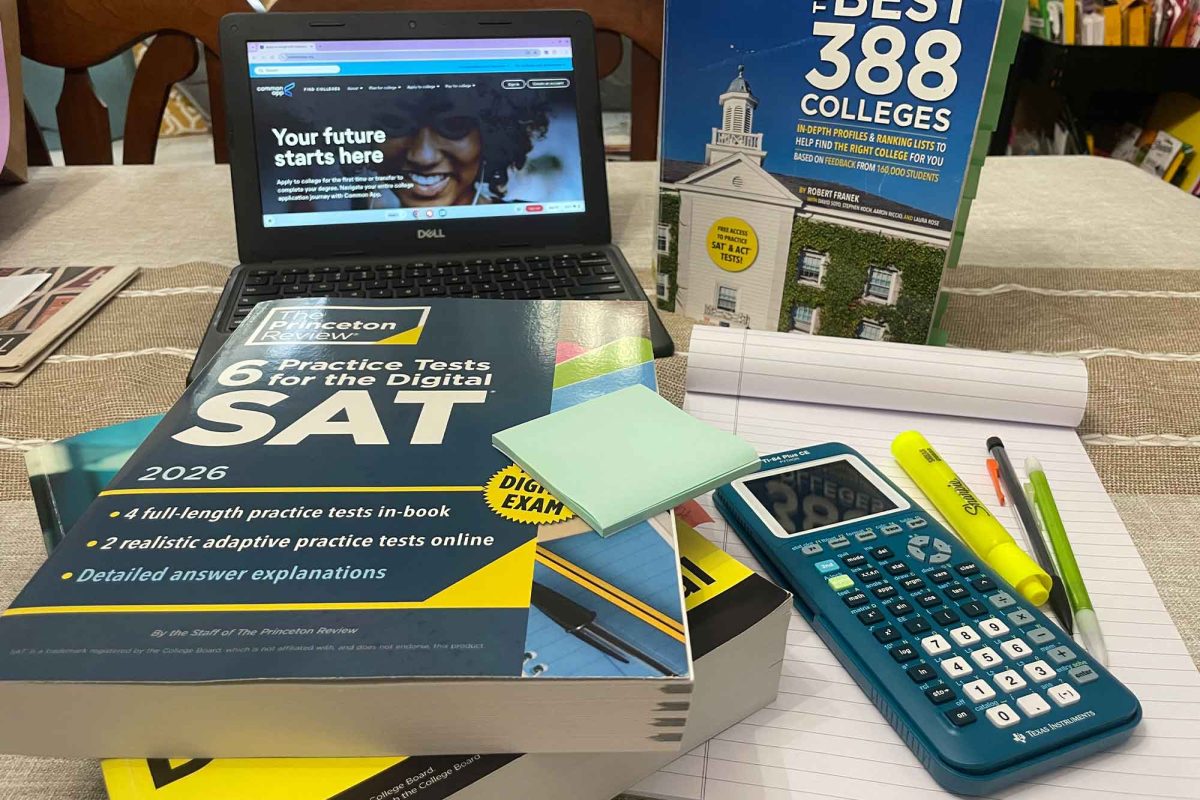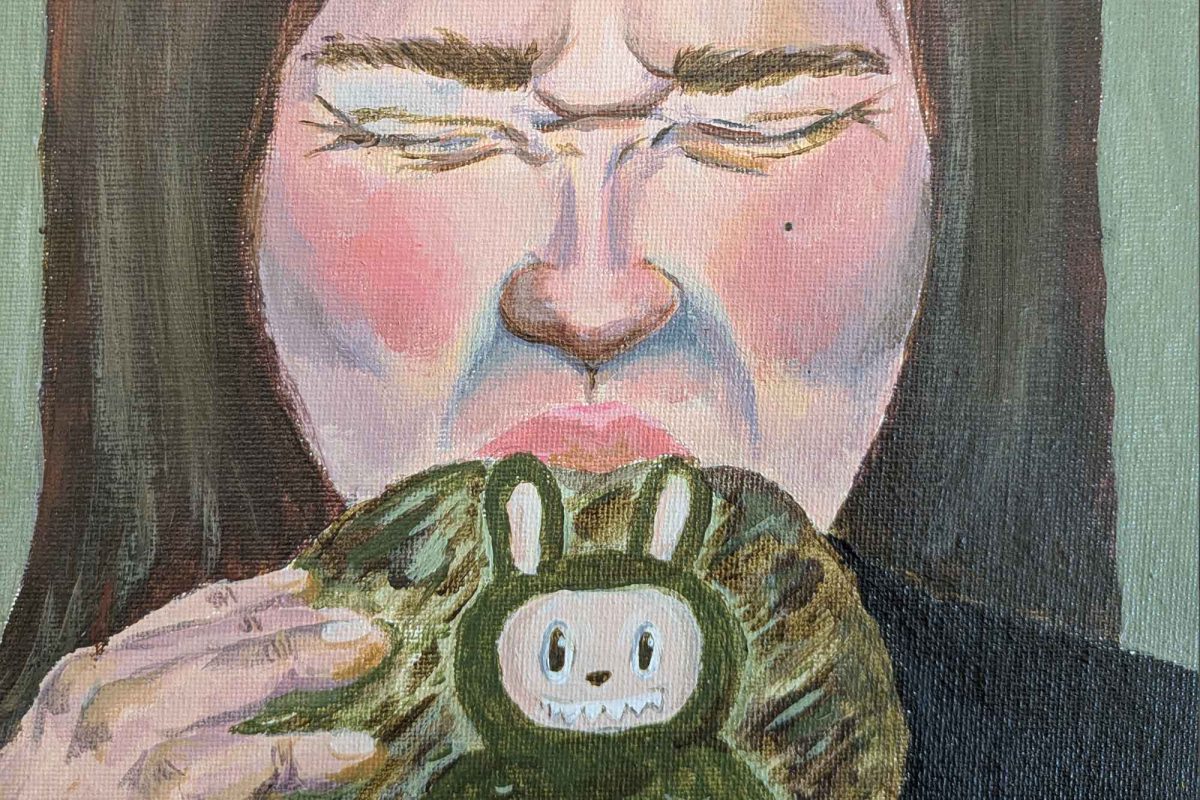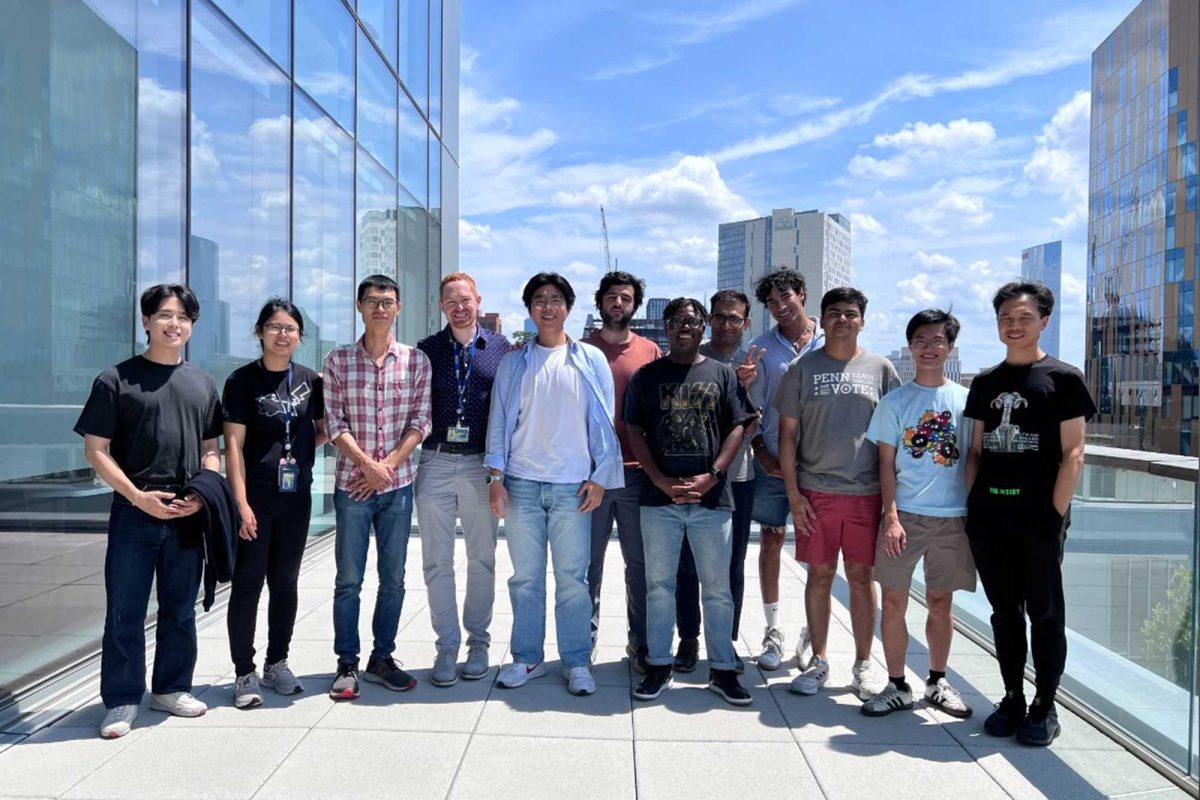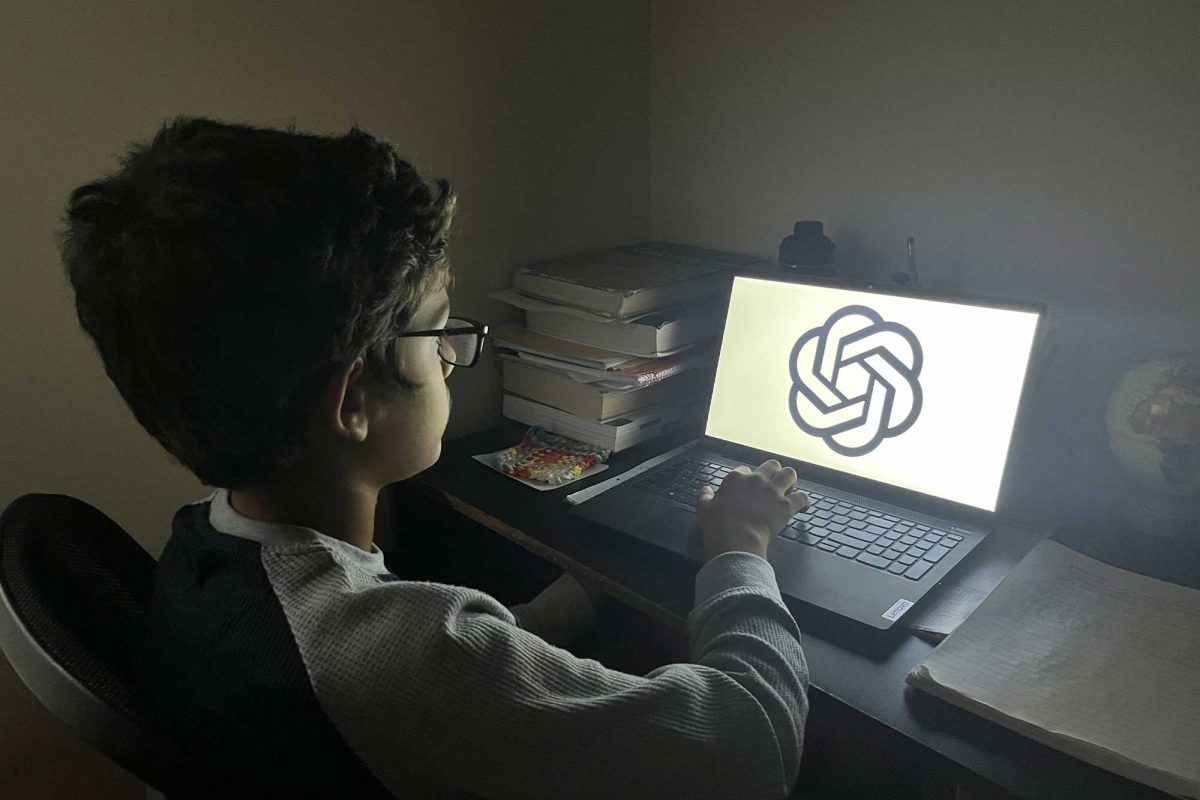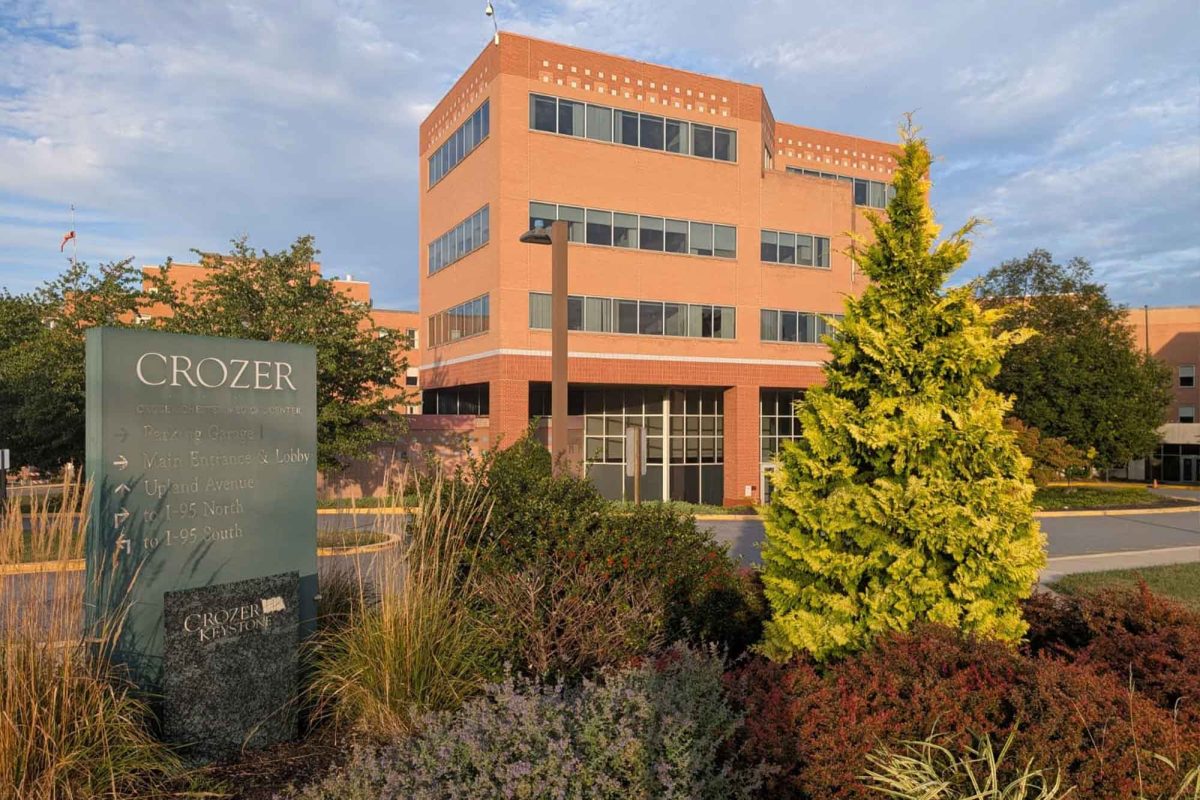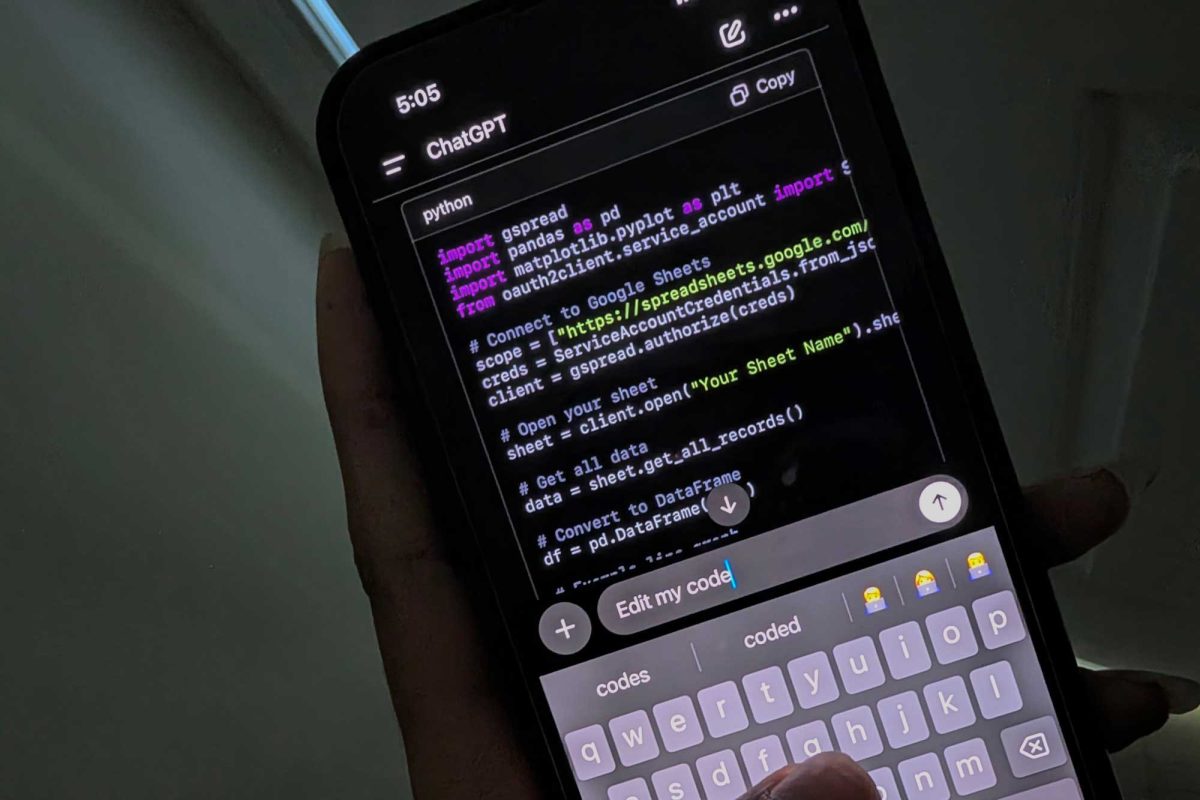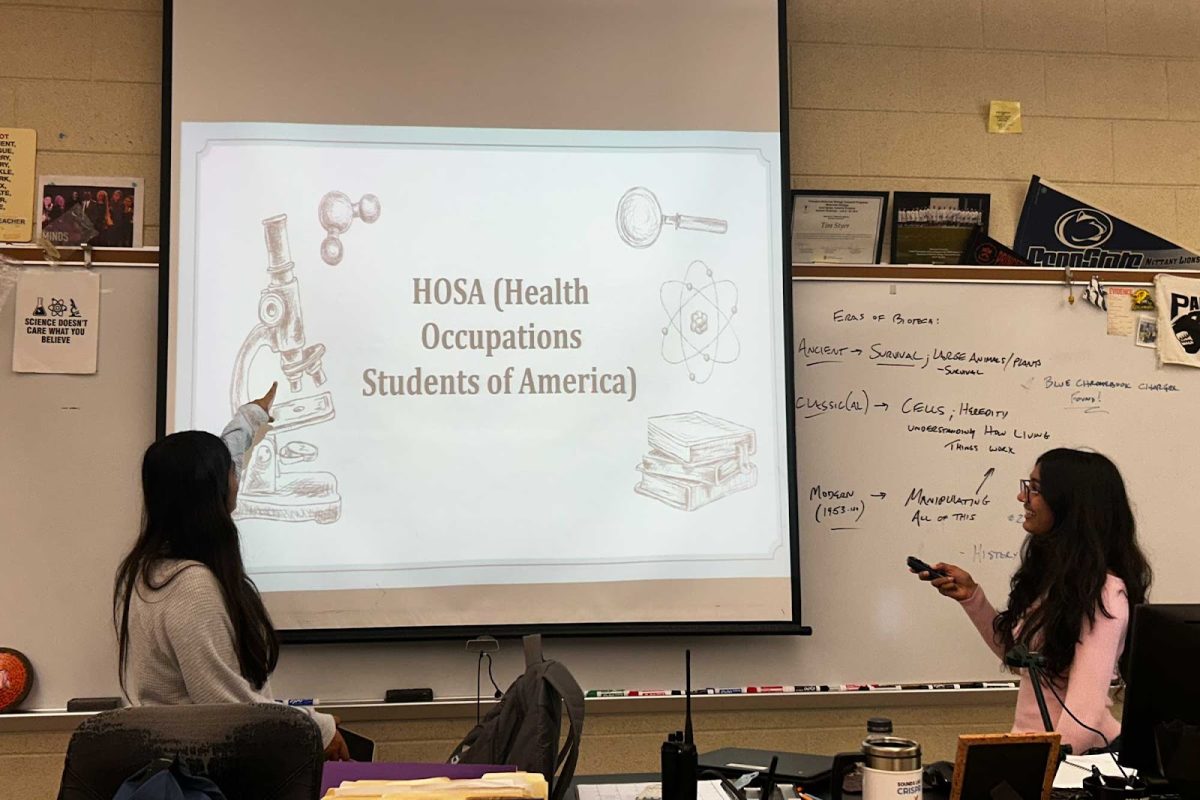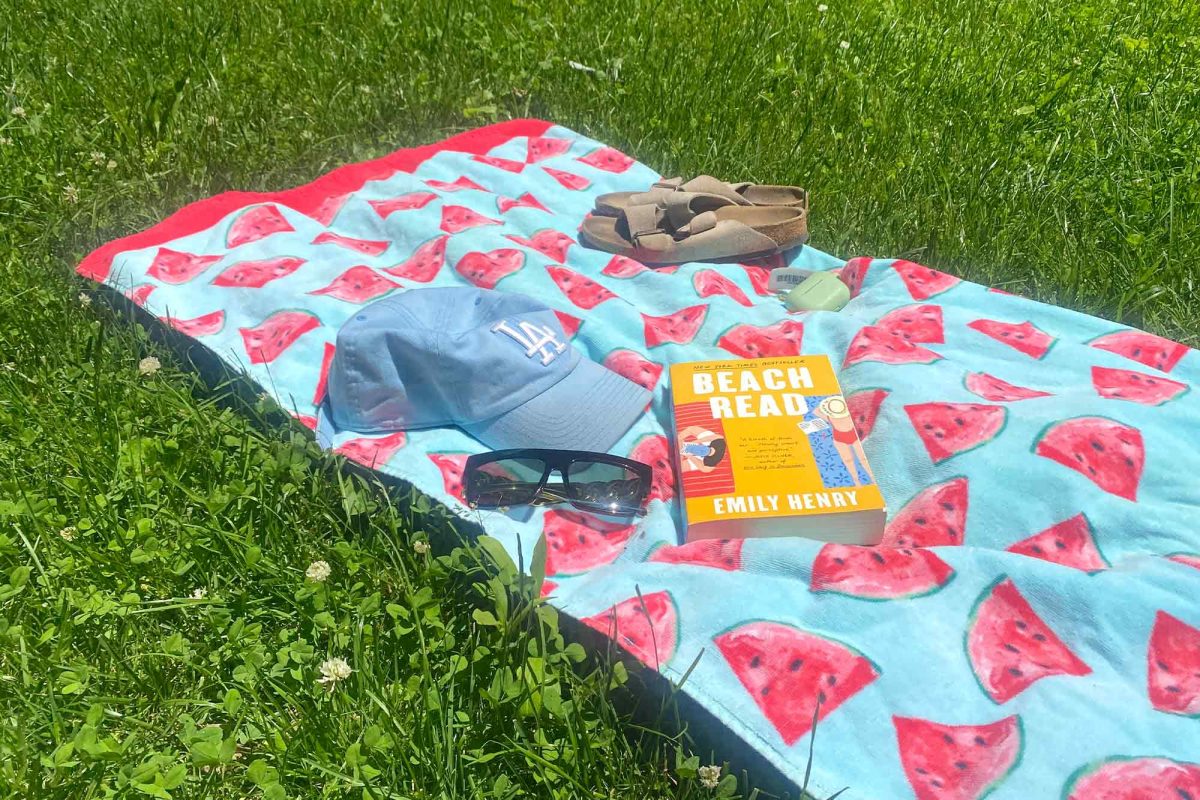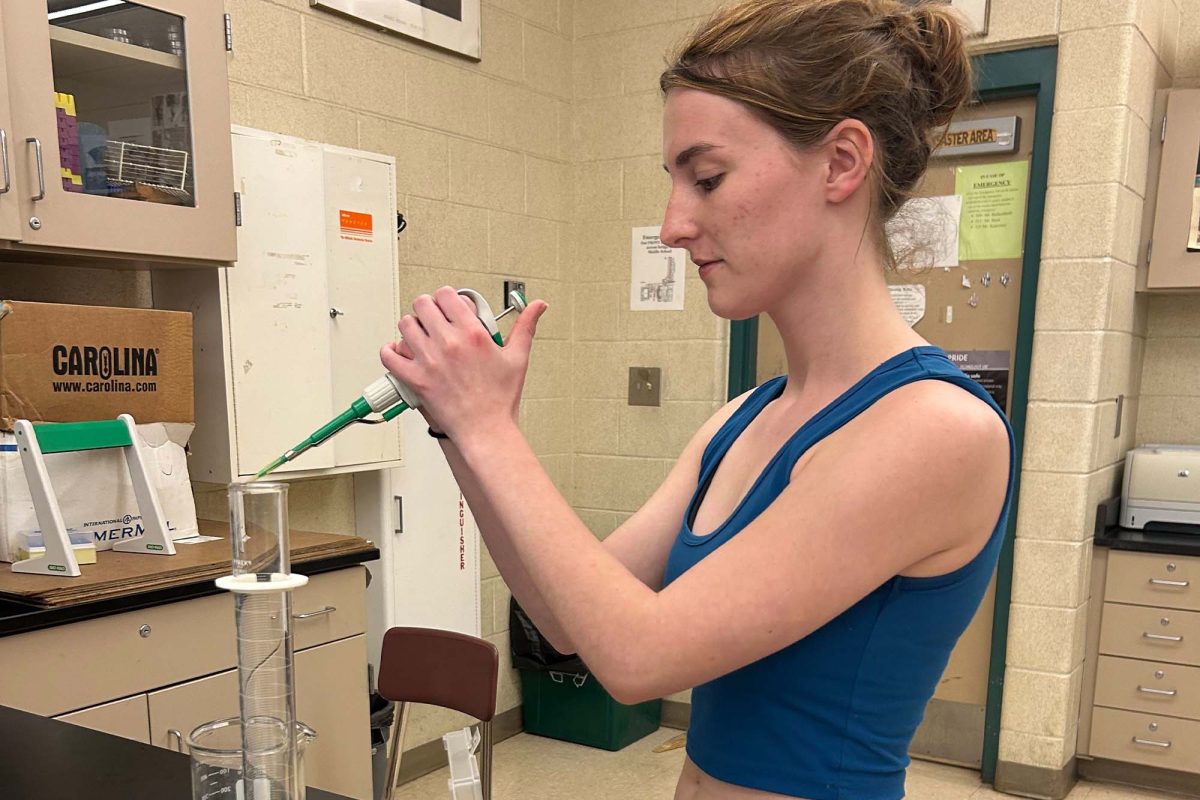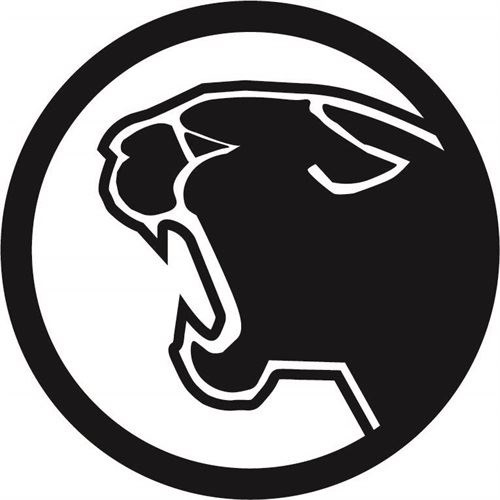On March 24, there was a chemical spill from a Bucks County plant into the Delaware River, supposedly contaminating the water used in Philly.
Clean drinking water disappeared from the store shelves, even around Delaware County, at a rate reminiscent of the 2020 toilet paper disappearances. Constantly changing information made it difficult to discern whether or not it was safe to drink the tap water.
Philly resident and science teacher Ms. Hannah Holt first found out about the spill through a text message on her phone from the city government.
“This initial message said that there was a chemical spill somewhere in the Delaware River and that people should buy bottled water,” Holt said. “But then a few hours later, another text message was sent. They said to not buy bottled water because there were a bunch of grocery stores that were being ransacked for all of them because people were scared. Then they’re like, ‘Oh, actually, like your tap water is fine’. Until 11:59pm on Monday. And I’m like, ‘How do you know what time the chemicals could possibly affect the water?’ ”
The fluctuating news forced Ms. Holt to do some of her own research. She discovered that the chemicals in the river were similar to the ones released in Eastern Palestine, Ohio, after the recent train crash there.
After the events in Eastern Palestine, her students became curious about the possibility of acid rain, which Holt was able to convert into a teachable moment. She gave them reading materials, and they discussed how the students might feel if they knew there was a chance that their water was contaminated.
A month later, it actually happened half an hour away in Philadelphia. But how much danger was created when those unknown chemicals hit the water?
“Because it was from a plastic polymer resin plant, it was just some organic materials that had spilled, which are dangerous if you consume them in large quantities,” Holt said. “But I think in the end, the majority of the chemicals were cleaned up before it reached any of the water sources in Philly.”
To get more technical, the two main compounds that were put into the Delaware River were butyl acrylate and ethyl acrylate. One of their properties is that they partly dissolve in water. It would be worse if they fully dissolved in water because then it would be dispersed all throughout the river and would be harder to find.
“They also are less dense than water, so they will float on water. That is one way to tell if it is in your water. I mean, there’d be like, white looking stuff, or particles in your water. Also, if it’s present in high enough concentration, it could also be flammable,” Holt said.
Senior and Philly citizen Sylvan Prey-Harbaugh was on his way back home from a college trip when his phone began to blare an alarm.
“It was a public safety alert…‘Do not drink the water,’ basically, because of the chemical spill. I was like, ‘Oh, so this, it’s like, a real thing’. Because it seems really science fiction-y, you know, that there’s a chemical spill, you can’t drink the water,” Prey-Harbaugh said.
He also got conflicting information as to whether the tap water was safe to drink or not.
“It was kind of up and down,” Prey-Harbaugh said. “They’re like, ‘There, you can drink the water’. And then you can or maybe you can’t. So we just really tried to stay away from the tap at all. Even things like washing our dishes, we had to be careful and think about if we wash our dishes with this possibly contaminated water, will we actually be cleaning it?… Which is something you don’t really think about, so I think this really showed me how much we used the water that comes out of our tap.”
Prey-Harbaugh was lucky to have a prepared dad who had long planned for this moment. There were already jugs of water (albeit slightly strange-tasting water, since it had been stored in a closet) stacked and ready to go.
They went out to get more water—and then the callback to the pandemic began. Just replace toilet paper with clean water.
“When we got there, there was only distilled water and the really fancy water because everyone around, even—and we stopped in a store that wasn’t even in Philadelphia— but people outside of Philadelphia were still cautious and scared that their water would be contaminated,” Prey-Harbaugh said. “So people must’ve just rushed to the store right away and bought all the cheap, just regular water.”
Imagine not being able to get simple, pure, clean water. Not from your house or the grocery store.
“We had to get fancier-than-we-wanted water or water that had like special things added to it because the shelves were kind of just bare, which is something I hadn’t really seen since the beginning of COVID when people were out of stuff,” Prey-Harbaugh said. *





